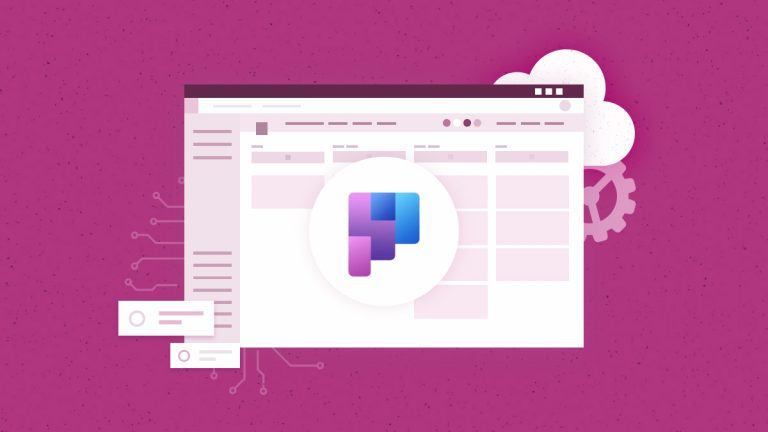
Andy Jordan
President of Roffensian Consulting
Andy Jordan is President of Roffensian Consulting S.A., a Roatan, Honduras-based management consulting firm with a strong emphasis on organizational transformation, portfolio management, and PMOs. Andy is an in-demand keynote speaker and author who delivers thought-provoking content in an engaging and entertaining style and is also an instructor in project management-related disciplines, including PMO and portfolio management courses on LinkedIn Learning.
Data Integrity and Data Consistency
Technology has significantly changed how projects are managed in the last couple of decades. Project managers (PMs) have significantly reduced the time spent on administration and management, instead focusing on more valuable team development and leadership areas.
This has contributed to project management being recognized as a much more critical discipline for organizations and the growth of the profession overall. However, there is one issue that PMs and employers haven’t been so great at addressing. That’s the need for complete, accurate, timely data.
The value of data integrity
Technology can help make PMs and projects more efficient, but the correct data within that technology can make them more effective. At every level, from strategic planning to project execution, data can fuel analysis and insight and forecast risks, schedules, resource needs, dependencies, etc.
A complete database of historic project information across all business areas and types is invaluable in improving current and future projects. This data consistency and integrity level ensures that estimates are more accurate, potential problems are identified earlier, and trends can be spotted and addressed. Add in the ability to monitor progress in real-time on current projects, and you also have an early warning system that can help prevent the kinds of problems that keep PMs up at night.
And if data is that valuable now, it will be even more valuable. New and emerging AI capabilities are powered by data. The ability to create an agile enterprise capable of pivoting with minimal disruption when circumstances change depends on timely data. Data is the fuel of progress and success. Without data consistency and data integrity, that fuel just doesn’t work.
The problem
There’s a glaring issue. In most organizations, the value of their data is compromised. Ask many organizations, ‘What does data consistency mean to you?’ or ‘How do you ensure data integrity?’ and you’ll get uncertain responses. Their data is stored across multiple systems, often on standalone applications where sharing is impossible. There are gaps and data inconsistencies caused by a lack of guidelines around using technology platforms and maintaining project data. There are also errors caused by a lack of care or flat-out erroneous data capture.
This creates real issues. Organizations cannot effectively leverage their historical work, leaving PMs with less than optimally planned projects. Those projects are riddled with risks that have been missed or misunderstood or scenarios where previous ‘gotchas’ can happen again. Most importantly, the overall return on project investments will be less than it could and should be.
Optimizing data for value
The solution isn’t simply to mandate a single tool across all projects, departments, and initiatives. This would create more problems by not allowing teams to use the tools that work best for them. It’s also not sensible – you don’t always need the same tool for multi-million-dollar strategic programs, small departmental projects, plan-driven projects, and Agile initiatives.
What you do need is a way for the data in all those tools to be integrated. You need data that can be trusted and consistent. Above all, you need a solution that can identify gaps and trigger a workflow for users to report on data across projects, teams, and work types to aid with analysis and troubleshooting. This is all required at the portfolio level, where it can drive the right decisions and ensure PMs are receiving the right guidance.
You also need all that data management to happen automatically because, above all else, you need project managers to focus on the tasks that drive value.
The bottom line
Organizations today are under constant pressure not only to perform but also to outperform the last business cycle. They need to leverage technology to achieve that, freeing people to focus on higher-value work. To leverage technology optimally, data integrity and data consistency must be maintained. There must be no question that the data can be trusted and relied upon to fuel progress.
Achieve that and you’re well on your way to success. Fail, and you may not even realize that you are making bad decisions, operating on incomplete information, or pursuing flawed strategies.
Download the guide
on backup for project management

























